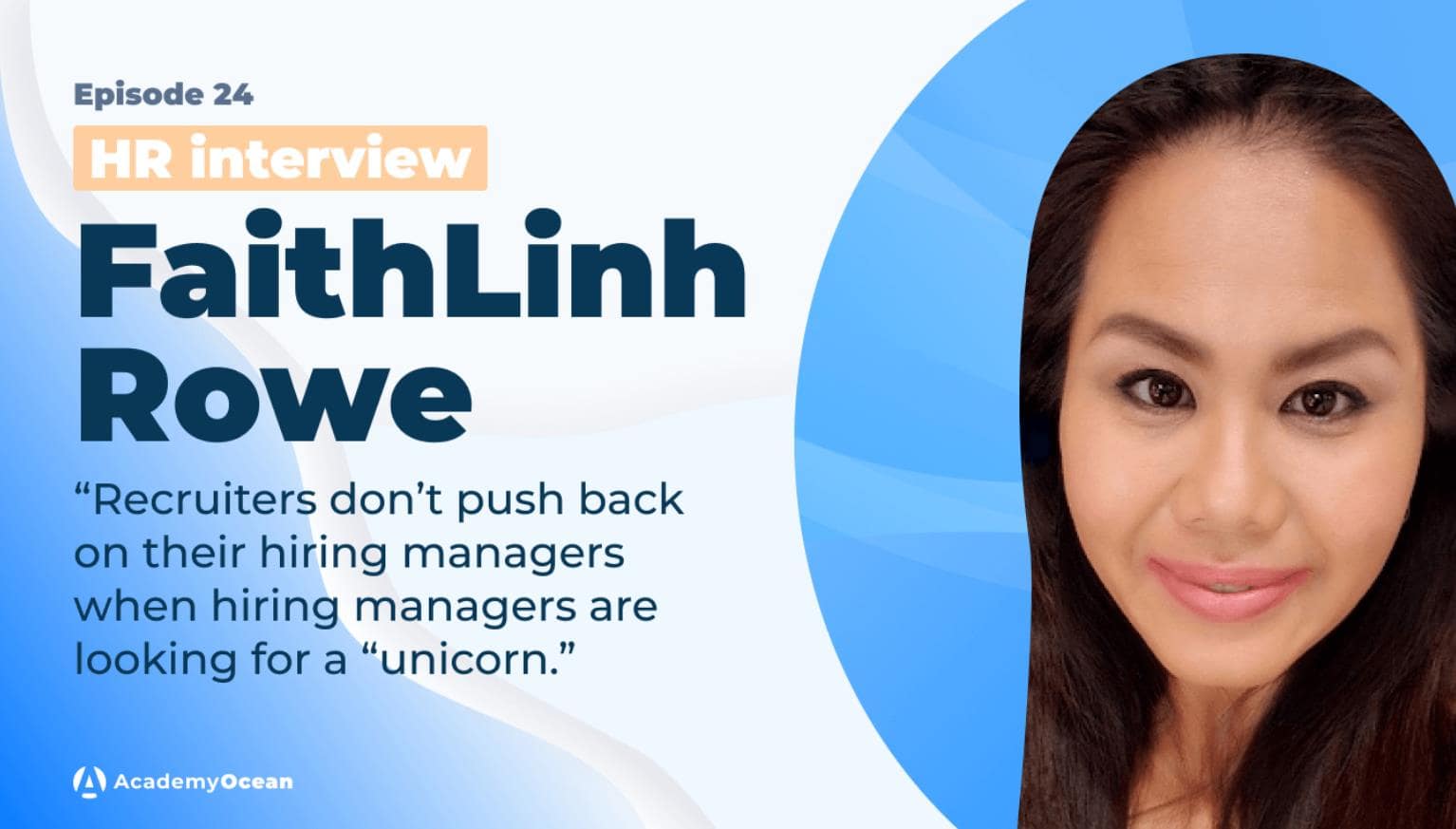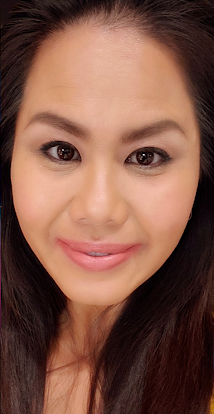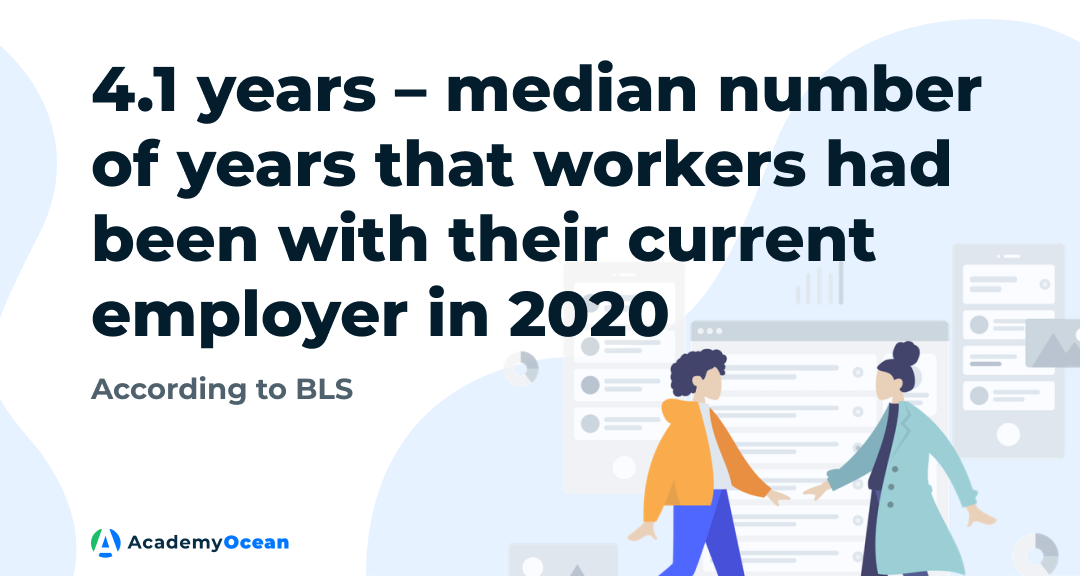Interview #24 FaithLinh Rowe: "Recruiters don’t push back on their hiring managers when hiring managers are looking for a "unicorn"

Hello everyone!
Do you know that recruiters take an average of 6 seconds to scan a resume? 6 seconds 😱
You will learn about many other interesting facts and peculiarities of the HR sphere in our new interview.
Today, our guest is FaithLinh Rowe, an HR Business Analyst at Intel Corporation.

FaithLinh has been in HR for over 15+ years, mainly focused on Project Management, HRIS, and data analysis. She has a wide variety of experience in the Bay Area Technology Industry.
"I sought out roles that were congruent with my career interests as well as being able to raise my two boys.", Faith says.
Faith is proficient in metrics reporting and dashboard development as well as cross-functional analytical support roles. Also, she is a dynamic team player with abilities beyond the scope of the standard HRIS role, including compensation, IT application implementation and business analysis.
Now she is an HR Business Analyst at Intel Corporation.
Intel Corporation is an American multinational corporation and technology company headquartered in Santa Clara, California, in Silicon Valley.

AO: Nice to meet you, FaithLinh! Let's start our interview with a question about your career path.
Did you work somewhere before becoming an HR professional, why did you decide to become an HR?
FLR: I started working when I was 15 years-old at Metropolitan Adult Education Program (MAEP) with my best friend. I worked as an Office Assistant for a couple of years. I helped prepare classroom supplies such as workbook handouts, study guides, and reading materials. I didn’t choose my HR career until the end of my sophomore year in college. I decided to follow an HR path because my best friend recommended it to me based on my interactions with elderly people while I was working with her at MAEP.
AO: Wow, you started working at such a young age. Very commendable!
And how did you actually start working in Intel Corporation?
FLR: My manager told me that he couldn’t find any internal candidate to handle the project. So, he has to hire someone externally to come in and run the Workday 33 Release Project from beginning to end.
AO: How has the company changed over the entire time that you have been working there?
FLR: Throughout my tenure, the company culture has not changed. However, there were some internal promotions for some executive-level employees.
AO: Well, Faith, can you share your thoughts on why HR is an important function in any organization?
FLR: First off, HR Organizations generally do not directly generate revenue for the company. Every company needs an HR Organization to help them provide services and benefits for its employees. To me, HR's most important function is to properly source and manage employees required for the company to be successful in its space.
AO: According to BLS, 4.1 years – median number of years that workers had been with their current employer in 2020 and I think this figure directly depends on the quality of the HR department functions performance.
Talking about the future of this industry, where do you see the HR sphere in the next 5 years?
FLR: I believe there will be a continued moving towards BPO outsourcing, HRMS hosting, and data-driven business analytics used to make business decisions.

AO: Faith, what difficulties do you usually face working as an HR specialist?
FLR: I am not a Specialist. My current career level is a Sr. HRIS Analyst and Project Manager. In my opinion, the most difficult environment to deal with is the corporate culture that doesn't promote a common goal or single vision for the company. All too often, employees and co-workers will develop their own personal agendas and that's not always aligned with what's in the company's best interests.
AO: And are there any peculiarities of the HR department in Intel Corporation?
FLR: The HR team at Intel is gigantic, to say the least. What Intel does is rotate employees from group to group. The majority of the 350 HR team members I worked with were ex-IT and Engineering employees. Most of these employees have been employed at Intel for their entire careers, some spanning beyond 30 years. The group I worked with was very technically advanced. There’s also a heavy reliance on self-help and AI.
AO: Rather interesting. We are sure there are some things in the HR industry that should be improved.
Can you name three areas that you feel need the most improvement, based on your understanding of common HR practices?
FLR: Recruiting – There is a loss of humanity and integrity with the recruiting process. The majority of candidates are rejected by ATS. No one ever reviews rejected resumes for false negatives and updates their algorithms. When candidates are contacted by the recruiters, the tendencies are just to collect a resume and never follow up.
Recruiters don’t push back on their hiring managers when hiring managers are looking for a “unicorn.” Job descriptions are unrealistic and generally contain 3-4 different roles, all under one job title. Candidates are asked to accept a below-market rate for a role that would normally require 2-3 people to accomplish.

Performance Review – There is an overt amount of bias when it comes to performance review. The general process allows for retaliation and/or unjustified advancement. There should be a fair and equitable process that removes bias from an employee’s review history.
HR Departments tend to highlight and weaponize negative reviews. They also downplay and minimize positive reviews for key employees. This is done to remove employees for reasons that may not be truly performance-based. Likewise, a positive review may warrant a significant pay raise or bonus. However, HR will try to limit the award given to the employee or suppress promotions.
Employee Relations – In the cases where there is an employee to employee disputes or employee/manager issues, HR will generally favor the more senior employees or managers. Investigations are not fact-finding missions. HR investigations are only in place to protect management and the company from civil or criminal liabilities.
AO: According to LinkedIn Global Recruiting Trends, top trends for the future of recruiting are:
- More Diverse Candidates - 37%
- Focus on Soft Skills Assessment - 35%
- Investment in Innovative Interviewing Tools - 34%
- Company Mission Used as a Differentiator - 33%
- Big Data - 29%
Well, Faith, can you name one (or several) HR experts whose work do you highly appreciate or take as an example?
FLR: David Bernstein (HitachiGST Inc) – He was instrumental in my early development within HRIS. He taught me the importance of strong processes & policies and end to end data integrity.
Andera Heyfron (Cisco Systems Inc) – She provided me with a foundational understanding of management style. I worked as a contractor for her and she treated me like an FT employee.
She didn’t micromanage my daily tasks and allow me to handle all of the project work assigned to me. When employees (including me) did a good job or completed a major task, she would regularly recognize us with spot bonuses. Morale is always good in her group.
David Witte (Intel Corp) – His philosophy and execution of a collaborative team structure in HRIS allowed me to be successful. He is very straightforward and unconditionally supportive. I learned the importance of having a solid team that supports each other.
AO: Let's move to the employee training aspect. How does the onboarding of new employees go into your company?
FLR: Everything is automated. All document submissions and signatures are all done online through the HRIS System. Employees show up to get their badge and their laptop will be ready at their desk on the first day. Standard HRIS onboarding orientation will take place within the first three days of employment. All required training is online.
AO: Great and what about traditions? Does your company has any traditions and what is your favorite one?
FLR: My favorites company traditions are Monthly Birthdays, Holiday Celebrations, and Beer O’clock on Friday.
AO: "Beer O'clock", sounds cool.
Faith, what is the most valuable professional development advice you have ever gotten?
FLR : The most impactful professional development advice was never to be afraid of any project, no matter how large it is. Every project has its own process that will be followed in order to complete it successfully.
AO: If the company you work on now were a person, what kind of person would it be?
FLR: A dysfunctional person suffering from a dissociative identity disorder.
AO: A very unusual association, interesting:) What types of tools do you think every HR should be using in 2021?
FLR: An appropriately sized HRMS System.
AO: And the last our question. What was the funniest/most unusual incident during your HR practice?
FLR: Someone fell asleep during the meeting or an employee’s dog is barking in the background on a skype call.
AO: Hahaha, such situations with dogs are now very common since most people work remotely. Thanks a lot, Faith for the interview. We wish you good luck in your career.
That's all for today, friends. See you at the next interview!
In case you would like to ask your own questions, write them down in the comments. Also, if you want to read an interview with a particular person, let us know.
Learn more about LMS 2.0 Platform for employee training.
If you want to learn more about the HR field and find a lot of useful content, join the most secret HR group.
Take care 😇